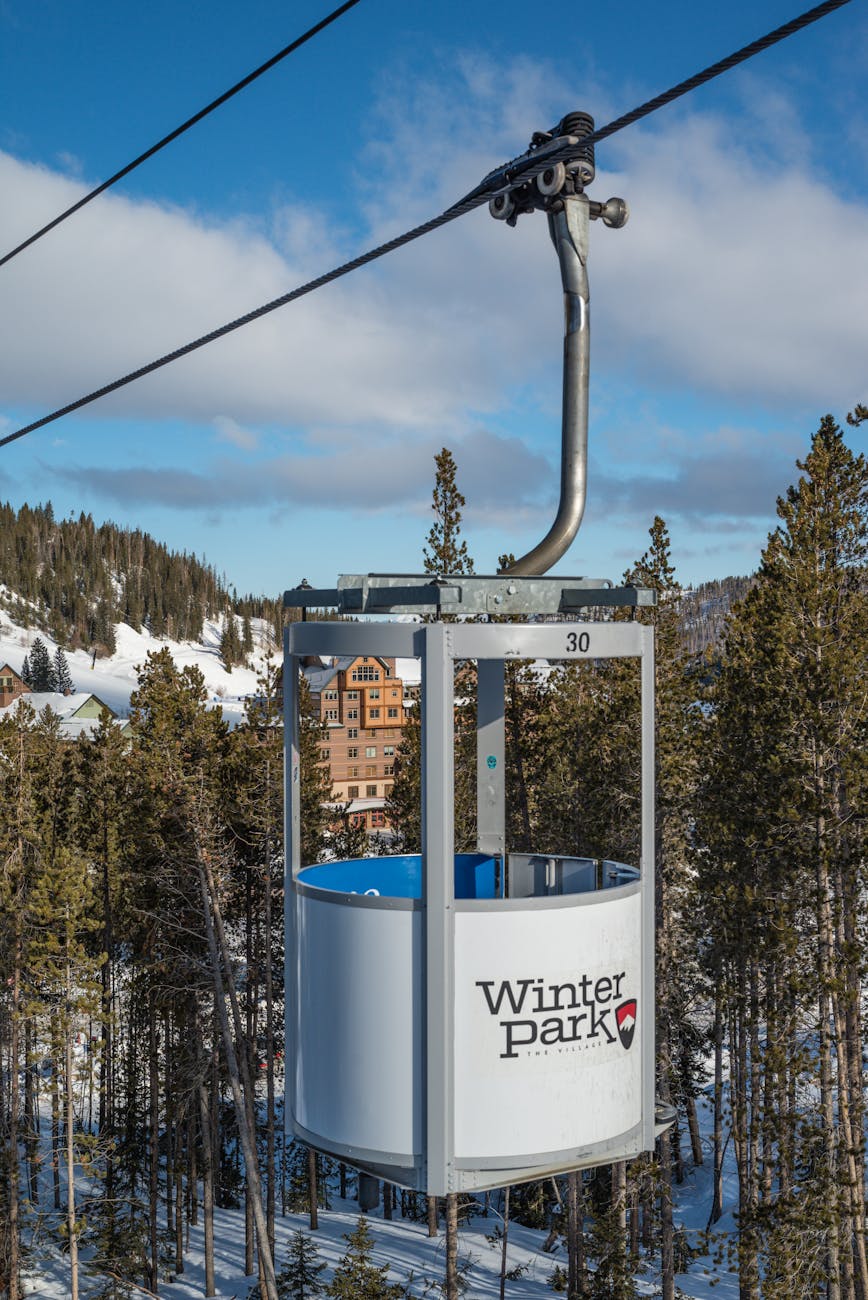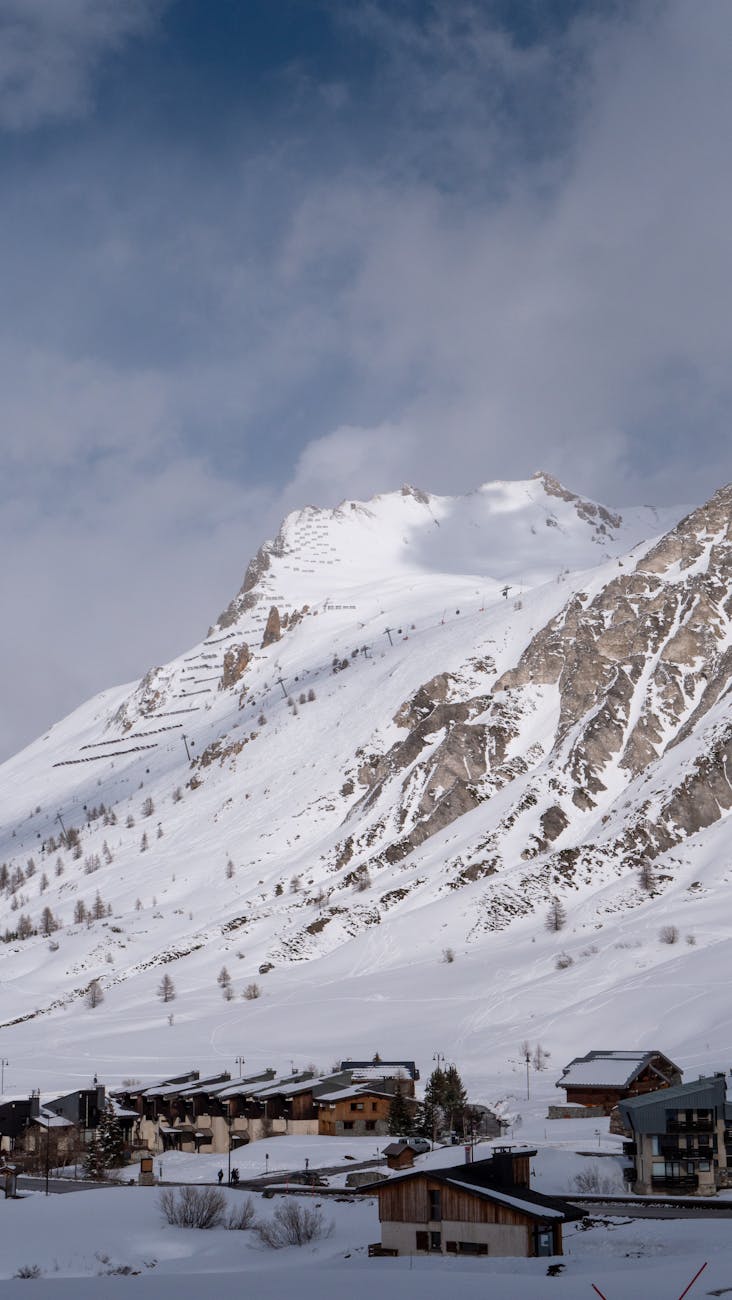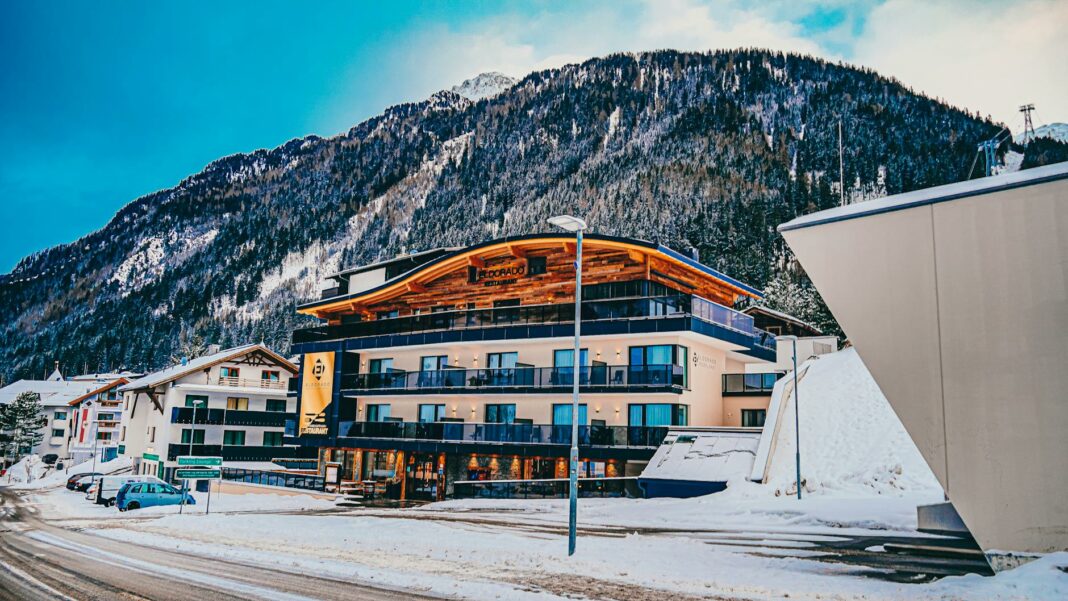As winter blankets the majestic mountains in a shimmering layer of snow, thrill-seekers of all kinds are lacing up their ski boots and eyeing those pristine slopes. However, lurking beneath the excitement is a pressing question: is your favorite ski resort genuinely accessible for everyone? This consideration is vital, as skiing should be an adventure inclusive of all individuals, regardless of ability. In this post, we’ll explore the nuances of accessibility in ski resorts, uncovering whether they truly welcome everyone or if barriers still remain.
By digging deep into various aspects of accessibility, this blog post aims to enlighten readers on the progress made and the ongoing challenges within the skiing community. Understanding the landscape of ski resort accessibility goes beyond choosing ideal slopes; it fosters an atmosphere where every enthusiast can share in the exhilarating joy of gliding down the mountain, freed from limitations. Let’s dive into the specifics and uncover the realities that matter!
Accessibility in skiing goes beyond physical features; it’s about creating an environment where everyone feels empowered to participate. Accessible resorts must ensure that ski lifts, slopes, and facilities cater to all individuals, including those with mobility challenges, visual impairments, or other disabilities. In a world that thrives on inclusivity, it’s essential to rethink how we design experiences that transcend typical skiing boundaries.
When analyzing a resort’s accessibility, several dimensions should be evaluated: physical access to the mountain, the availability of adaptive equipment, and the presence of trained staff ready to assist. More importantly, fostering an inclusive culture can transform the public’s perception of skiing, encouraging a more diverse audience to embrace snow-covered landscapes. By prioritizing these elements, ski resorts can make strides towards establishing a skiing experience accessible for everyone, inviting all enthusiasts to bask in the beauty of the slopes.
Now, let’s highlight some shining examples in the ski community where accessibility is taken seriously. One prime example is Adaptive Sports Center in Crested Butte, Colorado. This pioneering resort offers adaptive skiing programs complete with specially trained instructors who ensure all participants enjoy a safe and thrilling experience. The ski lifts accommodate sit-skis and other adaptive equipment, making it a model of inclusivity.
Another notable mention is Park City Mountain Resort in Utah, which has invested significantly in comprehensive accessibility measures. From snow-covered pathways to specially crafted snowboards, they have tailored their offerings to meet various needs. Moreover, the staff undergoes specialized training to enhance their understanding of accessibility challenges, thereby creating a welcoming atmosphere for all. These resorts exemplify the profound impact of thoughtful accessibility efforts in turning compelling skiing experiences into shared joys for everyone.
Despite the commendable efforts of many ski resorts, various barriers still exist that hinder full accessibility. One glaring issue is the lack of awareness among guests regarding available services for adaptive skiing. This informational gap can lead potential skiers to feel uncertain or uninformed, ironically impeding their ability to embrace the sport. Additionally, older ski lifts may not accommodate adaptive equipment, which directly affects those seeking to conquer the slopes.
Transportation to and from ski resorts is another critical challenge, particularly for individuals relying on specialized equipment. Moreover, the cost associated with adaptive sports can be a significant hurdle, often creating a divide between those who can afford inclusive experiences and those left behind. Addressing these barriers is an essential step in cultivating a skiing landscape where everyone can thrive, encouraging resorts to actively engage in combatting such obstacles head-on.
The journey toward complete accessibility in skiing is ongoing, fueled by passionate advocates championing the cause. Many resorts are beginning to embrace the idea that inclusivity is not just a trend, but a necessary evolution of the winter sports culture. With increased awareness and consistent advocacy, ski resorts are steadily transforming themselves into welcoming spaces for all enthusiasts. This undeniably positive shift is particularly commendable as more resorts incorporate cutting-edge technologies and remodeling with accessibility as a primary focus.
Collaborations with organizations dedicated to adaptive skiing are also gaining momentum, fostering partnerships that focus on creating comprehensive training programs, supporting athlete initiatives, and expanding access to ski resorts for everyone. Education and awareness-raising campaigns can break down stereotypes that skiing is only for the able-bodied, allowing all winter sport lovers to unite on the slopes. As resorts continue to adapt and innovate, the future looks promising where skiing becomes a universally enjoyable experience.
All in all, the landscape of ski resorts is gradually transforming into a more inclusive environment for everyone. While significant strides have been made, the journey remains incomplete as various barriers need to be addressed, and awareness must continue to grow. Each snowy slope and frozen trail should symbolize not just adventure, but also acceptance and shared joy, reminding us all that winter sports are for everyone.
Embracing inclusivity demands a collective effort from resorts, communities, and visitors alike. By encouraging resorts to adopt more robust accessibility measures and promoting adaptive skiing, we can ensure that skiing retains its magic for future generations of enthusiasts—regardless of their abilities. Together, let’s ignite a movement where the mountain welcomes everyone with open arms, proving that skiing is indeed an experience meant to be shared and celebrated by all.
1. Are all ski resorts accessible?
While many ski resorts are working towards improved accessibility, not all of them have fully adapted their facilities and services. It’s essential to research specific resorts to understand their offerings before planning your trip.
2. What types of adaptive equipment are available at skiing resorts?
Most resorts offer specialized equipment such as sit-skis, mono-skis, and adaptive snowboards that cater to various needs. Checking with the resort in advance helps confirm availability.
3. Can I take lessons if I have a disability?
Absolutely! Many ski resorts provide lessons tailored for those with disabilities, often with instructors trained to work with adaptive equipment to ensure a safe and enjoyable experience.
4. Are there any costs associated with adaptive skiing programs?
Yes, costs may vary based on the resort and specific programs, but some facilities may offer scholarships or reduced rates for adaptive skiing. It’s advisable to reach out directly to the resorts for detailed information.
5. What should I do if I encounter accessibility issues at a ski resort?
If you experience difficulties, report them directly to the staff or management at the resort. Feedback is crucial in improving accessibility and facilitating more positive ski experiences for everyone in the future.
Image Credit: Pexels





